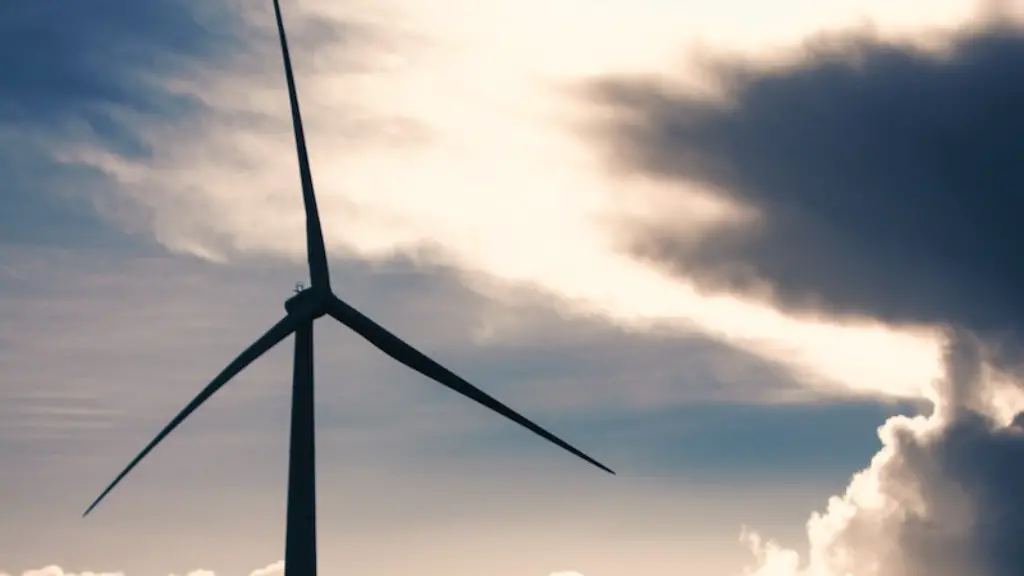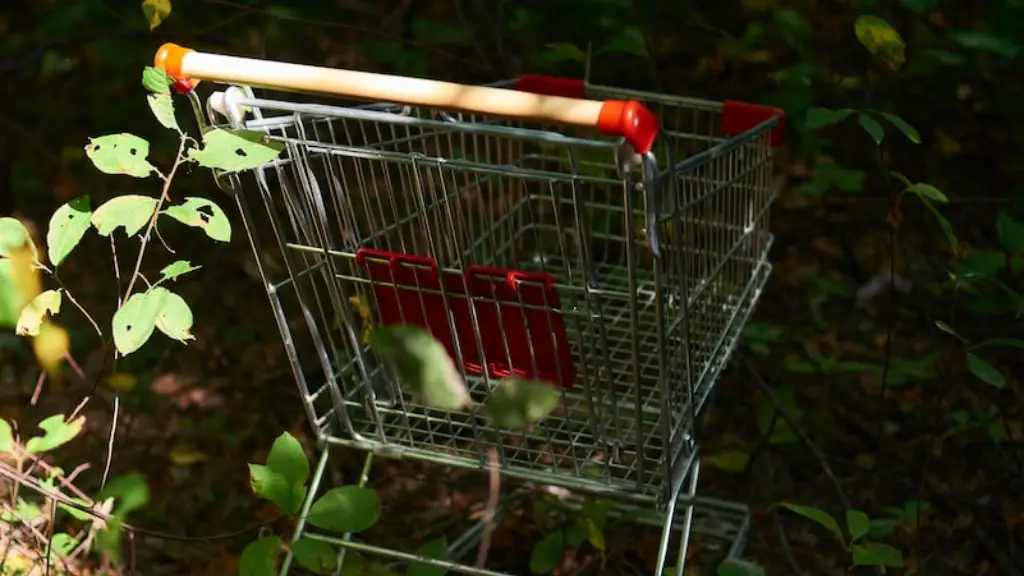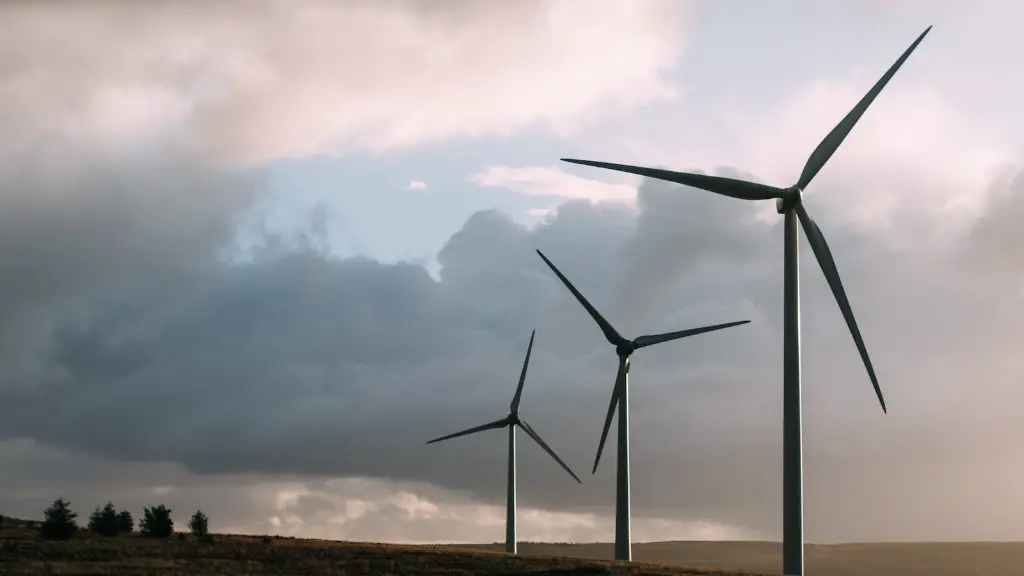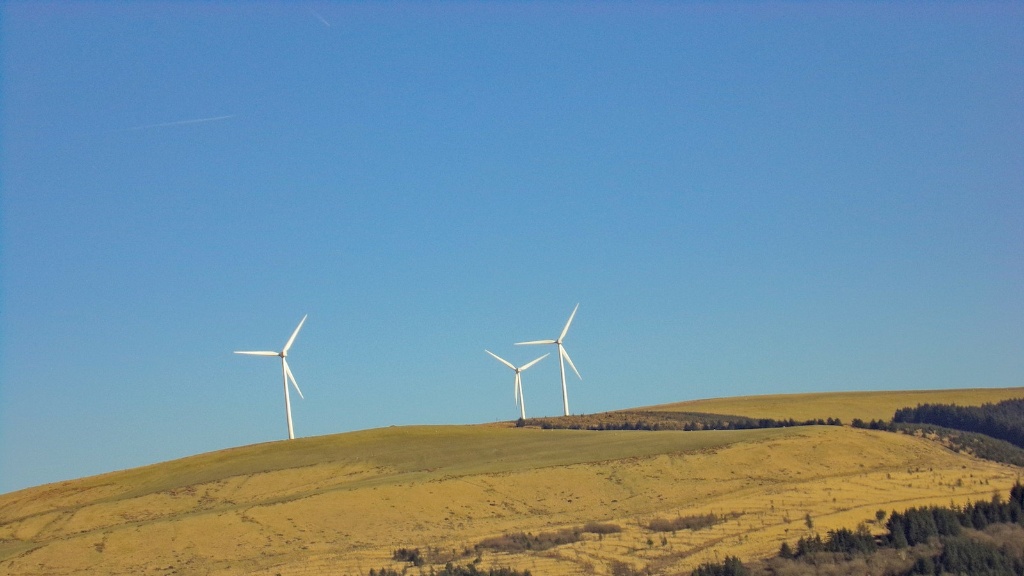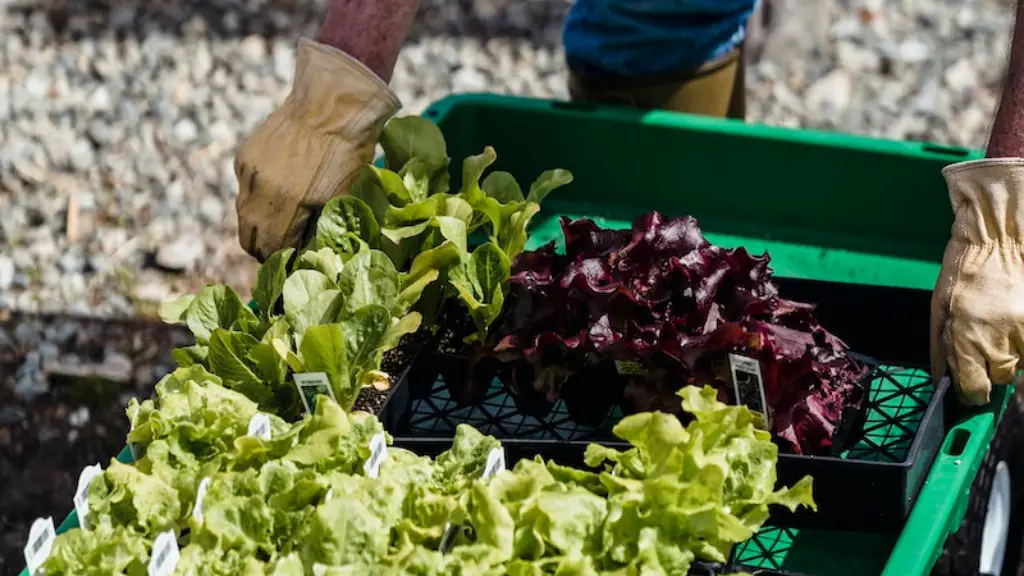Ecology is the scientific study of the relationships between living organisms and their environment. The environment of an organism includes both the biotic and abiotic factors that influence its life. Biotic factors include other organisms that the organism interacts with, while abiotic factors include the physical and chemical conditions of the environment.
Ecology is the study of the relationships between living things and their environment.
What is a simple definition of ecology?
Ecology is the study of how organisms interact with their environment. This can include how they obtain food and water, how they reproduce, and how they deal with predators and prey. Ecologists also study how humans impact ecosystems and what we can do to minimize our impact.
Molecular ecology is the study of how genes and their products interact with each other and with the environment at the molecular level.
Organismal ecology is the study of how animals and plants interact with their physical and biotic environment.
Population ecology is the study of how populations of animals and plants interact with their physical and biotic environment.
Community ecology is the study of how populations of different species interact with each other and with their physical and biotic environment.
Global ecology is the study of how the earth’s ecosystems function as a whole.
Landscape ecology is the study of how ecosystems are structured across the landscape.
Ecosystem ecology is the study of how energy and matter flow through ecosystems.
What is a example of ecology
An ecosystem ecologist studies how different components of an ecosystem affect one another. For example, they might study how beaver dams affect water flow through a forest ecosystem and how that impacts the survival of aquatic species or the distribution of sediment. A coral reef ecologist might study how changes in water temperature impact coral survival. By understanding how different parts of an ecosystem interact, ecologists can help make sure that ecosystems remain healthy and can even restore them if they become damaged.
Population ecology deals with the study of how populations of organisms interact with their environment. This includes things like how the population size changes over time, how resources are used, and how different species interact.
Behavioral ecology is the study of how animals behave in order to increase their chances of survival and reproduction. This includes things like how they find food and mates, how they avoid predators, and how they care for their young.
Why is ecology important?
Ecology is important for many reasons. It helps us understand the interdependence between people and nature, which is crucial for food production, maintaining clean air and water, and sustaining biodiversity in a changing climate. Ecology also provides new knowledge that can be used to improve human wellbeing and prosperity.
Ecosystems are composed of interacting biotic and abiotic components. Biotic components are the living organisms within an ecosystem, while abiotic components are the nonliving factors. The term ecology comes from the Greek οἶκος (oikos), meaning “household, dwelling place, or home”, and -λογία (-logia), meaning “study of”.
What are the 2 main branches of ecology?
Autecology is the study of how an organism interacts with its environment. This includes how the organism obtains food and shelter, how it reproduces, and how it deals with predators and other threats.
Synecology is the study of how groups of organisms interact with each other and with their environment. This includes how different species coexist, how they compete with each other, and how they affect their environment.
Nature knows best: This lens reminds us that nature is often the best teacher. We can learn a lot from observing the world around us.
All forms of life are equally important: This lens reminds us that all living things are important and deserve our respect.
Everything is connected to everything else: This lens reminds us that everything in the world is interconnected.
Everything changes: This lens reminds us that change is a natural part of life.
Everything must go somewhere: This lens reminds us that everything on Earth is finite.
Ours is a finite Earth: This lens reminds us that we only have one planet and we need to take care of it.
Nature is beautiful and we are stewards of God’s creation: This lens reminds us that we are responsible for taking care of the world around us.
What do ecologists do
Ecologists study the relationships between organisms and their habitats. They can study habitats of many different sizes, from microscopic bacteria in a fish tank to the complex interactions between the thousands of plant, animal, and other communities in a desert. Ecologists also study many different types of environments.
We are now converting to a policy of economy and care about ecology and our environment. She is honoured as the patron saint of ecology and the environment. The tomato effect also accounts for many of the difficulties experienced by clinical ecology.
Why is it called ecology?
Ecology is the study of how organisms interact with their environment. This can include things like how they obtain food and water, how they reproduce, and how they respond to changes in their environment.Ecologists also study how human activity can impact ecosystems.
People have always used and depended on materials from ecosystems. In recent years, however, this use has become more widespread and intense, as the human population has grown and the demands placed on ecosystems have increased.
Actions taken by people can have both positive and negative effects on ecosystems. When people use resources wisely and don’t pollute or damage ecosystems, they can help maintain the delicate balance that exists in nature. However, when people overuse resources or pollute ecosystems, they can throw off this balance and cause problems for both people and the plants and animals that depend on healthy ecosystems.
What are 5 facts about ecology
Ecology is the study of how living things interact with their environment. Here are some facts about ecology:
-27,000 trees get cut down every day to make toilet paper alone
-Humanity uses an estimated 80 trillion aluminum cans every year
-Plastic waste kills an estimated 1 million aquatic animals in the sea every year
-Glass takes at least 4000 years to break down in full
Ecology is the study of how organisms interact with their environment. ecologists try to understand and protect the earth’s ability to sustain all forms of life. This is important work, because humans rely on the earth for food, water, and other resources.
How does ecology improve human health?
The most significant ecological factor is the driver of services which provide us with basic human needs like food, clean air, clean water and clean soils. Such ecosystem functions could also prevent the spread of disease through biological control.
Environment refers to the interaction between the physical, chemical and biological components of the Earth. Ecology is the study of the relationship between organisms and their environment. The environmental issues include pollution, deforestation, global warming, and other broader issues.
Final Words
Ecology is the study of how organisms interact with their environment. This includes the study of how they interact with other organisms, how they obtain food and shelter, and how they respond to changes in their environment.
Ecology is the study of how living things interact with their environment. It includes the study of how they get food and water, how they reproduce, and how they respond to changes in their environment.
